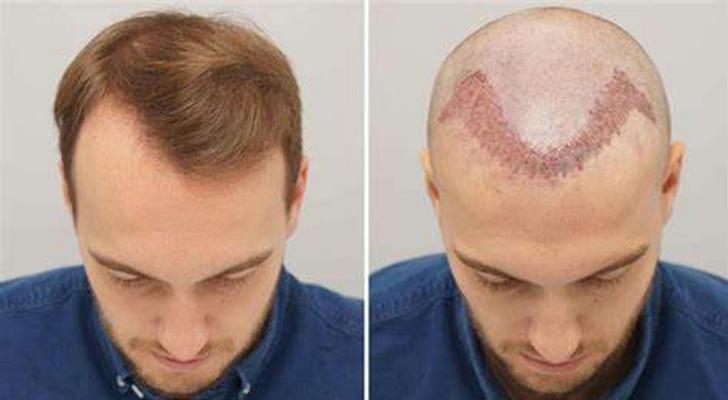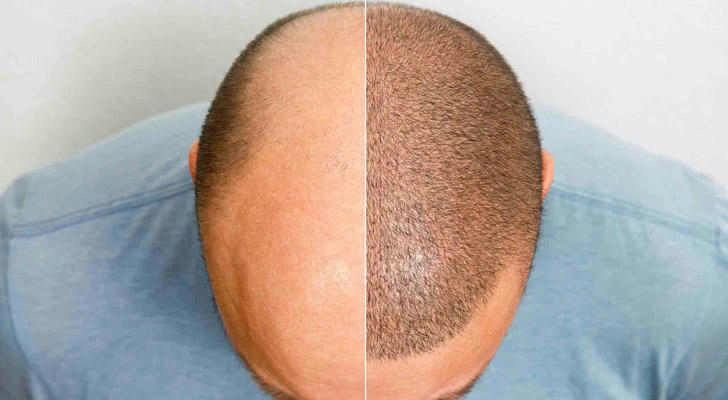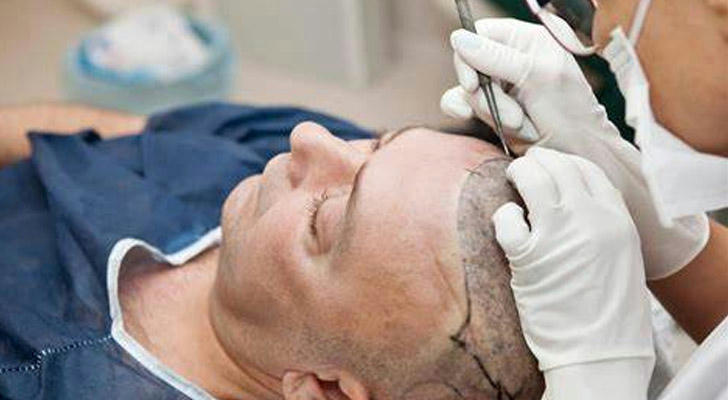Post-Transplant Hair Care Secrets: The Key to Long-Lasting Results
Hair transplantation has become a popular solution for individuals dealing with hair loss. While the procedure itself is crucial, the aftercare is equally important to ensure that the transplanted hair thrives and produces the desired results. This article will explore essential post-transplant care tips to help maintain the health of your scalp and promote optimal hair growth.

Immediate Post-Transplant Care
Rest and Recovery
After undergoing a hair transplant, the first and foremost step is to allow your body to rest. On the day of the surgery, it is vital to avoid strenuous activities and keep your head still. Elevating your head while sleeping can help reduce swelling, which is common after the procedure. Taking time off work or other responsibilities can also aid in a smoother recovery.
Protecting the Scalp
In the initial days following the transplant, it’s crucial to protect both the donor and recipient areas of your scalp. Avoid touching or scratching these areas, as they are sensitive and need time to heal. Follow your surgeon's advice regarding medications, such as antibiotics or pain relievers, to manage discomfort and prevent infection.
Washing Your Hair
One of the most critical aspects of post-transplant care is how you wash your hair. For the first few days, it’s generally advised not to wash your hair at all. After about 48 hours, you can start washing gently:
1.Use lukewarm water: Instead of direct showering, fill a bowl with lukewarm water and gently pour it over your head.
2.Mild shampoo: Use a gentle, non-irritating shampoo recommended by your doctor. Apply it with your fingertips without scrubbing.
3.Rinse thoroughly: Make sure to rinse out all shampoo using lukewarm water.
4.Drying: Pat your scalp dry with a soft towel; avoid rubbing or using a blow dryer initially.
Care from One Week to One Month Post-Transplant
Continued Scalp Protection
For at least one month after your transplant, continue protecting your scalp from harsh environmental factors. This includes avoiding direct sunlight; wearing a hat when outdoors can provide necessary protection. Additionally, refrain from swimming in pools or using saunas during this period.
Gradual Return to Activities
You can typically resume light physical activity about a week after surgery, but avoid any vigorous exercise that could cause sweating or strain on your scalp. Gradually reintroducing normal activities will help prevent any undue stress on the healing areas.
Moisturizing and Healing
Keeping your scalp moisturized is vital for healing. Use any topical ointments or lotions prescribed by your doctor to promote healing in both the donor and recipient areas. Regularly massaging your scalp can also enhance blood circulation, which is beneficial for hair growth.

Long-Term Care Strategies
Regular Follow-Up Appointments
After your hair transplant, maintaining regular follow-up appointments with your surgeon is crucial. These visits allow for monitoring of hair growth and scalp health, ensuring that any potential issues are addressed promptly. Typically, follow-ups are scheduled at one month, three months, six months, and one year post-surgery.
Healthy Lifestyle Choices
Your overall health significantly impacts hair growth. A balanced diet rich in vitamins and minerals supports healthy hair follicles. Foods high in protein, iron, zinc, and omega-3 fatty acids are particularly beneficial for maintaining hair health.
Ongoing Scalp Care
Incorporate regular scalp care into your routine even after the initial recovery phase:
Gentle washing: Continue using mild shampoos and avoid harsh chemicals.
Scalp massages: Regularly massage your scalp to stimulate blood flow.
Hydration: Keep your scalp hydrated with appropriate moisturizers as recommended by your healthcare provider.
Things to Avoid After Hair Transplant
To ensure successful hair growth post-transplant, there are several activities you should avoid:
1.Smoking and Alcohol: Both smoking and excessive alcohol consumption can impair blood circulation and negatively affect healing.
2.Scratching or Rubbing: Avoid any actions that could irritate or damage the newly transplanted follicles.
3.Excessive Sun Exposure: Protecting your scalp from sun damage is essential; prolonged exposure can harm healing tissues.
4.Skipping Follow-Ups: Neglecting follow-up appointments may lead to missed opportunities for addressing issues early on.

Conclusion
Proper care after a hair transplant is vital for achieving lasting results. By following these guidelines—resting adequately, protecting your scalp, practicing gentle hygiene, maintaining a healthy lifestyle, and attending regular follow-ups—you can significantly enhance the success of your transplant procedure.
Investing time and effort into post-transplant care not only ensures that you enjoy fuller hair but also helps you regain confidence in your appearance. Remember that patience is key; while results may take time to fully manifest—often several months—the rewards of diligent care are well worth it in the end.
By adhering closely to these practices and maintaining open communication with your healthcare provider, you will be well on your way to enjoying vibrant and healthy hair for years to come.
